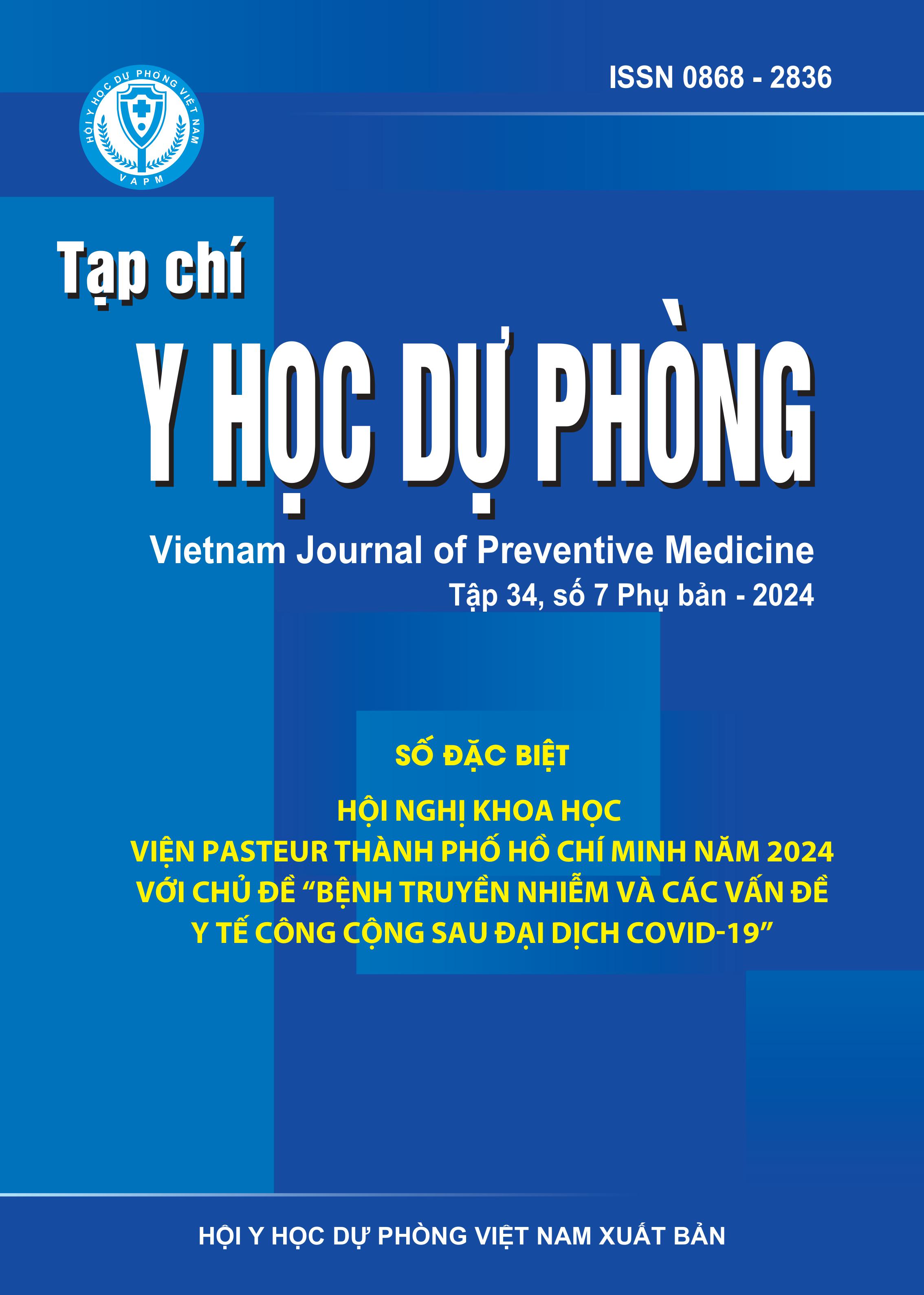Developing a protocol for whole-genome sequencing of the dengue virus using specific primers on the oxford nanopore technology sequencing
DOI:
https://doi.org/10.51403/0868-2836/2024/2021Keywords:
Next generation sequencing, Nanopore sequencing platform, Dengue virusAbstract
Currently, next - generation sequencing technology has made significant advancements, becoming an essential tool in biomedical research. Third - generation sequencing, specifically Oxford Nanopore (ONT), offers advantages such as long reads, and low cost. It enables on - site research, especially in resource - limited areas, and has opened new opportunities for the study and surveillance of emerging and re-emerging diseases, particularly the Dengue virus (DENV). The Pasteur Institute in Ho Chi Minh City has accumulated extensive experience and success in developing and applying Oxford Nanopore sequencing for SARS-CoV-2 genetic surveillance during the COVID-19 pandemic. Building on these achievements, we were conducted research to establish a sequencing protocol for the complete genome of the DENV using specific primers on the Nanopore platform. The protocol included the following steps as designing and synthesizing specific primers, extracting RNA from 14 serum samples and 2 supernatants, confirming positivity using the Fourplex Realtime RT-PCR method, libraries preparation, whole genome sequencing on the Mk1C device, and bioinformatic analysis. The study results demonstrated that all 16 samples achieved breadth of coverage ranging from 79% to 99% of the Dengue virus genome, with a depth of coverage between 59X and 28295X.
Downloads
Downloads
Published
How to Cite
Issue
Section
License
Publication License No 150/GP-BTTTT signed on May 8, 2014;
Electronic Publication License No 322/GP-BTTTT signed on June 15, 2016.


